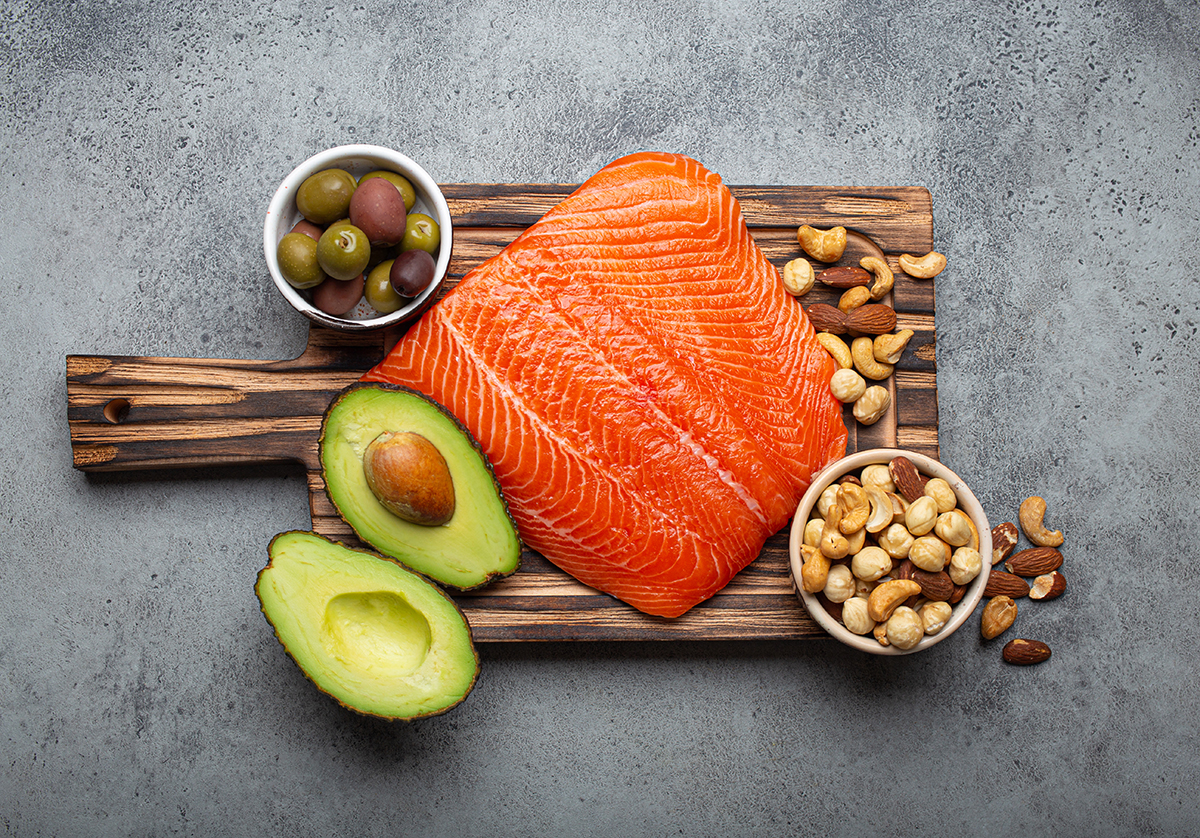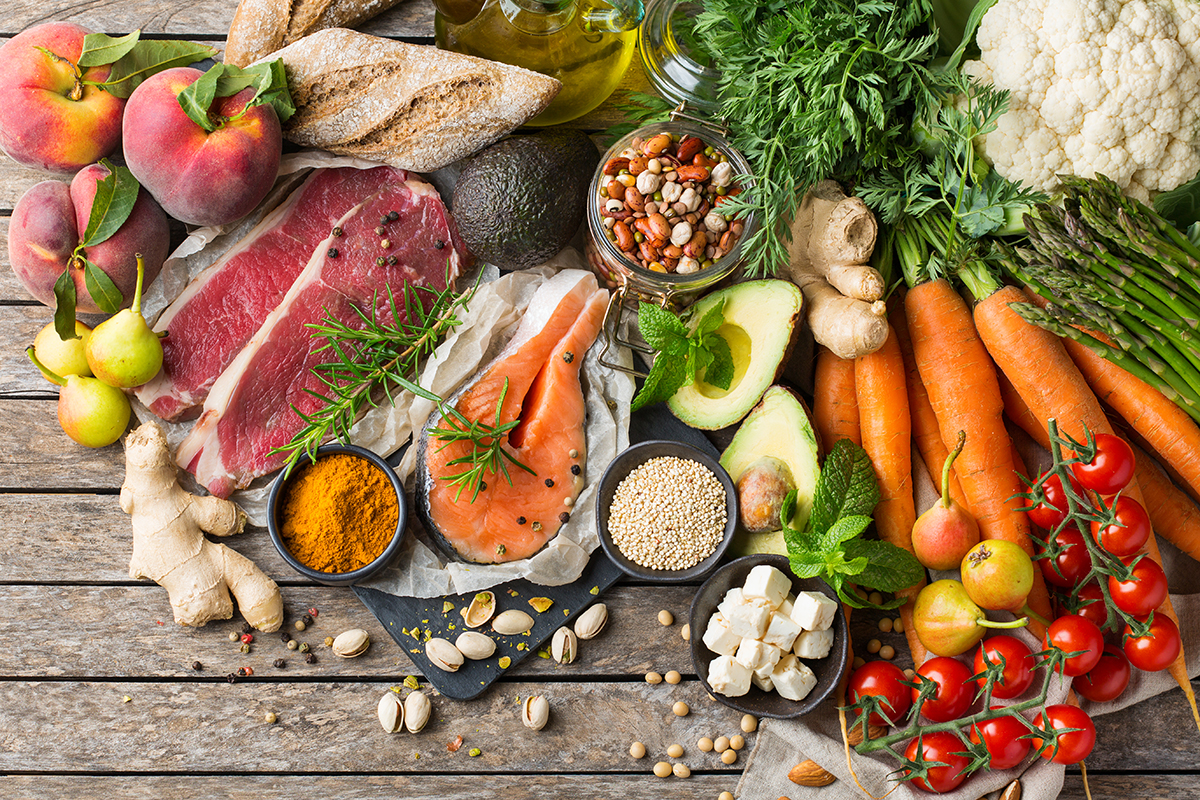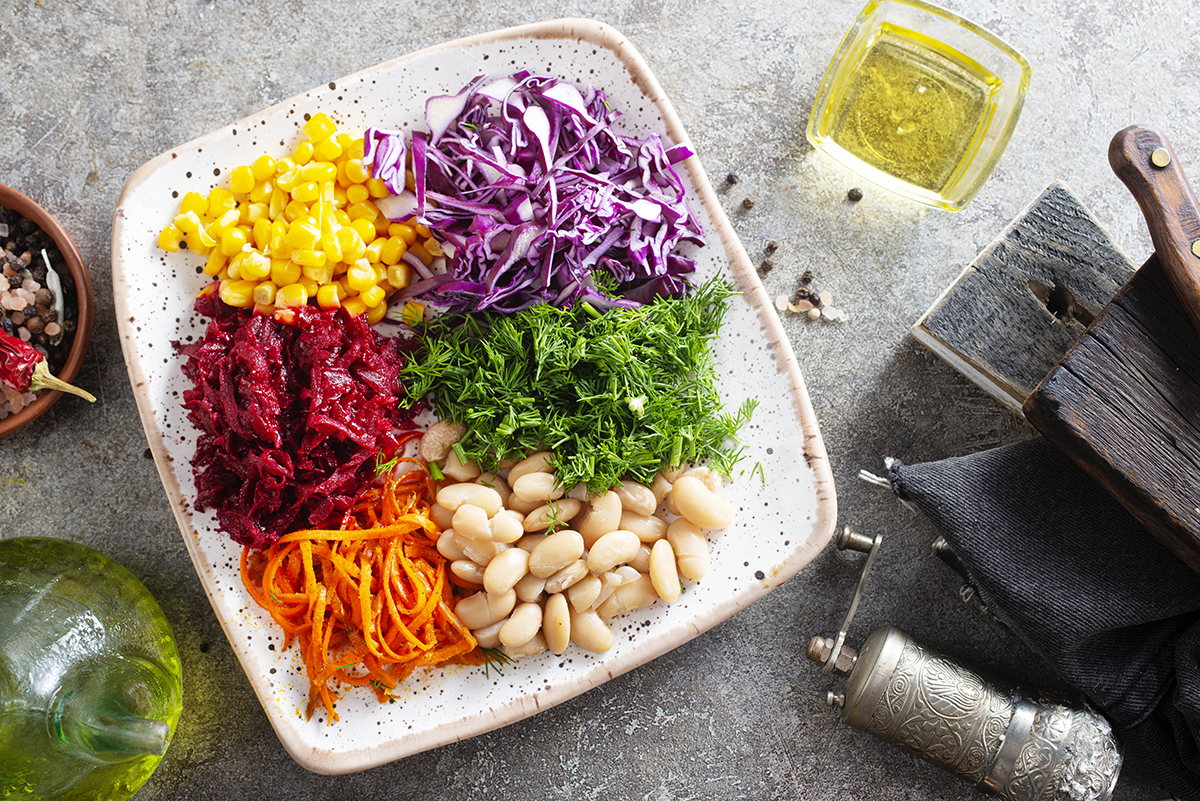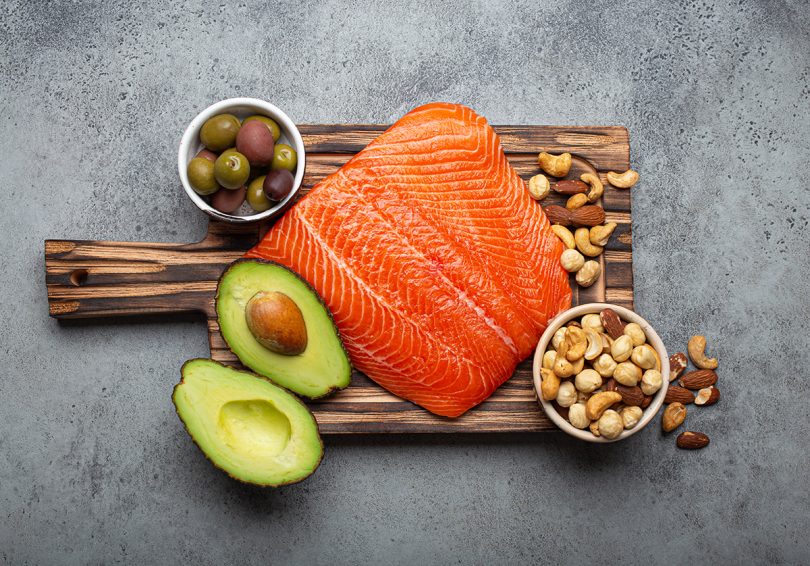In the world of nutrition and fitness, misinformation is rampant. Today, we’re tackling some of the most pervasive diet myths and providing you with evidence-based dietary advice. The aim is to separate fact from fiction, empowering you to make informed choices about your nutrition.
Table of Contents
- Myth 1: Carbohydrates Make You Fat
- Myth 2: All Fats are Bad
- Myth 3: Protein-only Diets are the Best for Weight Loss
- Myth 4: You Should Eat Small, Frequent Meals Throughout the Day
- Myth 5: Certain Foods Can ‘Burn’ Fat
- Myth 6: Skipping Meals Can Help You Lose Weight
- Myth 7: Low-fat Foods are Always a Healthier Option
- Myth 8: Eating Late at Night Leads to Weight Gain
- Myth 9: Detox Diets and Cleanses are Essential for Weight Loss
- Myth 10: Supplements Can Replace a Balanced Diet
- Conclusion
Diet Myth 1: Carbohydrates Make You Fat
One of the most enduring diet myths is the notion that carbohydrates lead to weight gain. In reality, it’s not carbohydrates that cause weight gain, but an excess of calories. Consuming more energy than your body uses, whether it comes from carbohydrates, proteins, or fats, can lead to weight gain.

Carbohydrates are an essential part of a balanced diet. They provide the body with glucose, which is converted to energy used to support bodily functions and physical activity. Whole grain carbs, in particular, are a great source of dietary fiber and can help maintain a healthy digestive system.
Myth 2: All Fats are Bad
Fats have long been demonized in the world of dieting, often blamed for weight gain and health issues. But not all fats are created equal.

While trans fats and high intakes of saturated fats can be harmful, unsaturated fats—found in foods like avocados, nuts, seeds, and fish—are actually beneficial for health. These healthy fats are essential for nutrient absorption, hormone production, and even help regulate your body’s temperature.
Diet Myth 3: Protein-only Diets are the Best for Weight Loss
Protein-centric diets have become increasingly popular in recent years, with proponents claiming that they lead to quick weight loss. While protein is an essential nutrient for muscle repair and growth, and can indeed help in weight loss due to its satiating nature, a balanced diet is crucial.

Excessive protein intake can strain the kidneys, and neglecting other food groups can lead to nutrient deficiencies. Instead, opt for a balanced diet that includes appropriate amounts of carbohydrates, fats, and proteins.
Myth 4: You Should Eat Small, Frequent Meals Throughout the Day
This myth suggests that eating small, frequent meals throughout the day boosts metabolism and helps with weight loss. However, studies show that meal frequency has little or no effect on fat burning or weight loss.

What’s important is the total number of calories consumed throughout the day. Whether you prefer six small meals or three large ones, focus on maintaining a balanced diet and staying within your daily calorie needs.
Diet Myth 5: Certain Foods Can ‘Burn’ Fat
While certain foods can boost metabolism, no single food can directly ‘burn’ fat. For weight loss, a balanced diet and regular exercise are key.

Some foods, like green tea and chili peppers, have been found to slightly and temporarily increase metabolism, but they won’t lead to significant weight loss without other lifestyle changes. Don’t rely on ‘miracle foods’ to lose weight—focus on overall dietary patterns instead.
Myth 6: Skipping Meals Can Help You Lose Weight
While it may seem logical that less eating means fewer calories and hence more weight loss, skipping meals is not a healthy or effective way to lose weight.

When you skip meals, your body goes into ‘starvation mode,’ slowing down your metabolism to conserve energy. This can actually make weight loss harder. In addition, skipping meals can lead to excessive hunger and subsequent overeating.
Myth 7: Low-fat Foods are Always a Healthier Option
Low-fat options might seem like a safe bet for those looking to lose weight or maintain a healthy lifestyle. However, it’s important to read labels carefully.

Often, when fat is removed from a product, it’s replaced with sugar or other additives to maintain the taste. This can result in a product with a similar, or even higher, calorie count. Instead of relying on ‘low-fat’ labels, focus on consuming whole, unprocessed foods.
Diet Myth 8: Eating Late at Night Leads to Weight Gain
While nighttime snacking can often lead to overeating, the act of eating late at night doesn’t in itself cause weight gain.

Weight gain is ultimately about the balance between calories consumed and calories burned. If you consume more calories than you burn—regardless of the time of day—weight gain is likely. If you’re a late-night eater, focus on choosing nutritious snacks and staying within your daily caloric needs.
Myth 9: Detox Diets and Cleanses are Essential for Weight Loss
Detox diets and cleanses often promise quick, dramatic weight loss. However, most of the weight loss during a cleanse is due to loss of water, carbohydrates stored in the body, and even muscle tissue—not fat.

Moreover, these diets are not sustainable in the long run and can lead to nutrient deficiencies. The human body is well-equipped to remove toxins on its own, and a balanced, nutritious diet is the best way to maintain your health and a healthy weight.
Diet Myth 10: Supplements Can Replace a Balanced Diet
While certain dietary supplements can be beneficial in some cases, they can’t replace a balanced, varied diet.

Whole foods offer a variety of nutrients, along with fiber and other substances that promote health. In contrast, supplements often contain only the isolated nutrient. It’s best to get your nutrients from food, where possible, and use supplements only as a backup—not a replacement.
Conclusion
In the world of nutrition, misinformation can create confusion and unhealthy habits. Knowing the facts can empower you to make informed decisions about your diet and health. Always remember, a balanced diet combined with regular physical activity is the most effective way to maintain a healthy lifestyle.







